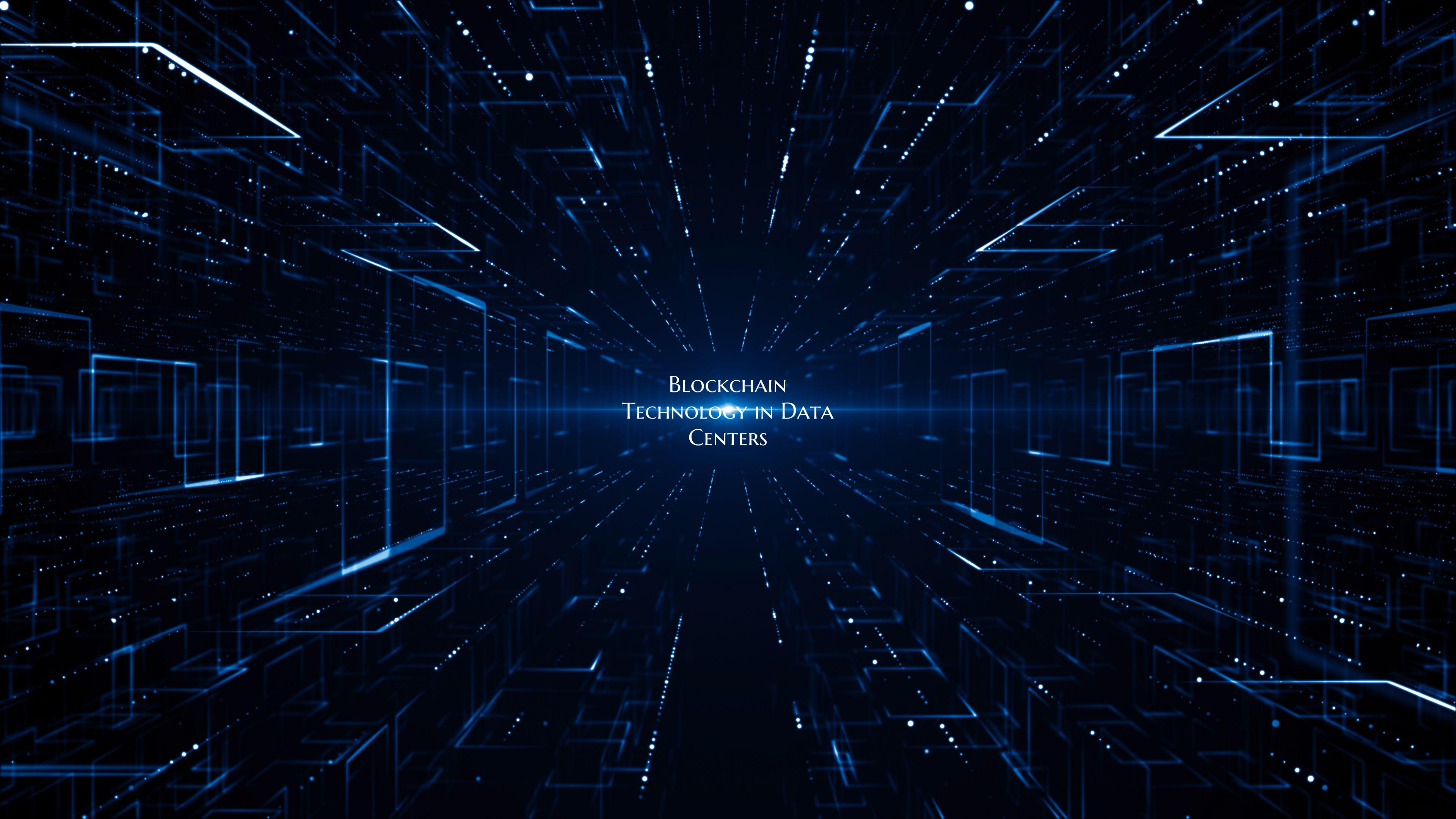Blockchain Technology in Data Centers
In the world of data management and storage, advancements in technology continue to drive innovation. One such groundbreaking technology that is making waves in the data center landscape is blockchain. Originally known for its association with cryptocurrencies such as Bitcoin, blockchain technology has now transcended its initial application to disrupt various industries, including data center management.
Blockchain technology is a decentralized, distributed ledger system that offers transparency, security, and immutability of data. By utilizing cryptographic hashing and timestamping, blockchain ensures that data entered into the system is tamper-proof and resistant to unauthorized alterations. This robust security feature makes blockchain an ideal solution for enhancing data center operations.
One key advantage of implementing blockchain technology in data centers is the improvement in data integrity and security. Traditional data centers often rely on centralized storage systems that are vulnerable to cyber attacks and data breaches. In contrast, blockchain technology distributes data across a network of nodes, making it highly resilient to hacking attempts. Each block of data is securely encrypted and linked to the previous block, creating a chain that is virtually impossible to alter without detection.
Furthermore, blockchain technology can streamline data center management processes through smart contracts. Smart contracts are self-executing contracts with the terms of the agreement written into lines of code. In a data center environment, smart contracts can automate tasks such as data replication, backup procedures, and access control, reducing the need for manual intervention and increasing operational efficiency.
Another benefit of incorporating blockchain technology in data centers is the facilitation of data sharing and collaboration among multiple parties. By creating a transparent and secure platform for data exchange, blockchain enables seamless communication and data transfer between data centers, enterprises, and third-party service providers. This enhanced interoperability fosters innovation and accelerates the development of new data center solutions and services.
In conclusion, the integration of blockchain technology in data centers has the potential to revolutionize the way data is managed, stored, and secured. By leveraging the inherent features of blockchain, such as decentralization, transparency, and immutability, data centers can enhance data integrity, streamline operations, and enable greater collaboration in the digital ecosystem. As the demand for secure and efficient data management solutions continues to grow, embracing blockchain technology is poised to usher in a new era of innovation in data center technology.

